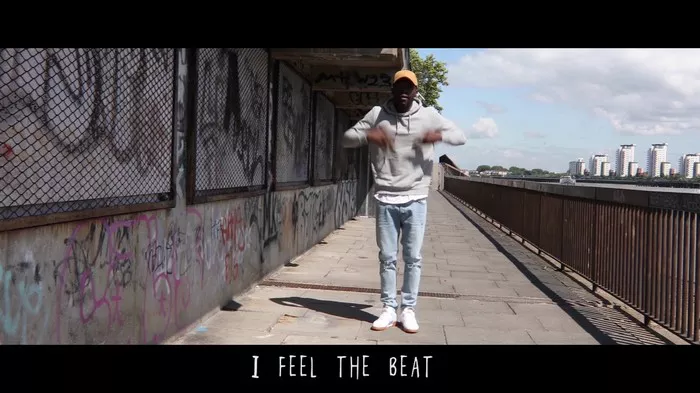In the dynamic realm of hip-hop, a genre renowned for its evolution and innovation, a subgenre has emerged that is making waves for its unique blend of musical experimentation and socially conscious lyricism. This subgenre, known as progressive rap, transcends traditional boundaries, pushing the envelope both musically and thematically. In this article, we delve into the essence of progressive rap, examining its origins, defining characteristics, notable artists, and its impact on both the music industry and society at large.
Origins and Evolution
Progressive rap, as a distinct subgenre, traces its roots to the early days of hip-hop culture in the 1970s and 1980s. While hip-hop initially emerged as a form of expression for marginalized communities, addressing social and political issues, progressive rap takes this ethos to new heights. It amplifies the voices of artists who are unafraid to challenge the status quo and tackle pressing societal issues head-on.
The evolution of progressive rap can be attributed to a confluence of factors, including the rise of conscious hip-hop in the late 1980s and early 1990s, as well as the increasing fusion of rap with other musical genres such as jazz, funk, and electronic music. Artists like Public Enemy, KRS-One, and A Tribe Called Quest laid the groundwork for progressive rap, infusing their music with incisive social commentary and thought-provoking lyricism.
Defining Characteristics
At its core, progressive rap is characterized by its commitment to social justice, political activism, and intellectual engagement. Unlike mainstream rap, which often prioritizes commercial success and materialism, progressive rap places a premium on authenticity and substance. Artists within this subgenre use their platform to address a wide range of issues, including systemic racism, economic inequality, police brutality, and environmental degradation.
Musically, progressive rap is eclectic and experimental, drawing inspiration from a diverse array of genres and musical traditions. From jazz-inflected rhythms to electronic beats and live instrumentation, progressive rap defies easy categorization, constantly pushing the boundaries of what hip-hop can sound like. This sonic adventurousness is matched by the complexity and depth of the lyrical content, which eschews simplistic clichés in favor of nuanced storytelling and sharp social critique.
Notable Artists
Numerous artists have made significant contributions to the development and popularization of progressive rap. Among them, Kendrick Lamar stands out as one of the most influential figures of the genre. With albums like “To Pimp a Butterfly” and “DAMN.,” Lamar has earned acclaim for his vivid storytelling, poetic lyricism, and fearless exploration of themes such as race, identity, and spirituality.
Another artist who has left an indelible mark on progressive rap is Janelle Monáe. Blending elements of funk, soul, and R&B with her rap-influenced vocals, Monáe’s music is both sonically innovative and politically charged. Her albums, including “The ArchAndroid” and “Dirty Computer,” confront issues of gender, sexuality, and freedom with unapologetic fervor.
Other notable artists in the progressive rap scene include Chance the Rapper, whose gospel-infused sound and philanthropic efforts have earned him widespread acclaim, as well as Run the Jewels, whose hard-hitting beats and incisive lyricism have garnered a devoted following.
Impact and Influence
The impact of progressive rap extends far beyond the realm of music, influencing popular culture, politics, and social movements. Through their music, progressive rap artists have helped to amplify the voices of marginalized communities, shining a light on issues that often go overlooked or ignored.
Moreover, progressive rap has served as a catalyst for social change, inspiring listeners to engage with pressing issues and take action in their communities. Whether it’s through benefit concerts, activist campaigns, or grassroots organizing, progressive rap artists have consistently used their platform to effect positive change in the world.
In addition to its social impact, progressive rap has also had a profound influence on the broader music industry, challenging mainstream conventions and expanding the boundaries of what is considered commercially viable. As audiences increasingly gravitate towards music that is authentic, thought-provoking, and socially relevant, progressive rap has emerged as a formidable force in the cultural landscape.
Conclusion
As we look to the future, the influence of progressive rap shows no signs of waning. With a new generation of artists continuing to push the boundaries of the genre, and with social and political issues becoming ever more urgent, progressive rap is poised to remain a vital and transformative force in the music industry and beyond. By blending musical innovation with social consciousness, progressive rap offers a powerful reminder of the potential of music to inspire change and shape the world for the better.

